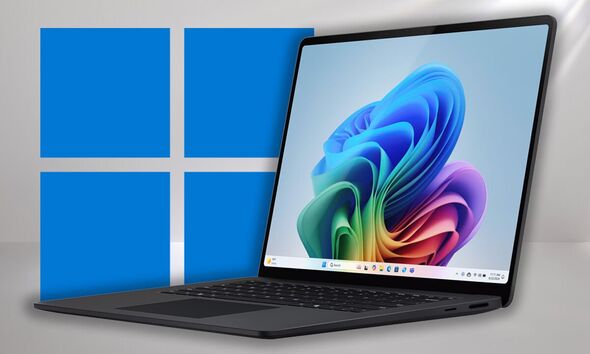All Windows 10 users given urgent advice to avoid ‘fiasco’ this year
The clock is ticking for Windows 10 and security experts are warning users on the best course of action

As we dig into the early days of 2025, one globally popular operating system is close to celebrating its tenth birthday. Released on 29 July 2015, Windows 10 remains the most used version of Windows globally, with 62.7 percent of all Windows machines running it as of December 2024.
That’s much more than the 34.1 percent of PCs running Windows 11, according to worldwide tracker Statcounter.
As it nears its decade in the world, Microsoft is planning to end support for Windows 10. From October this year, the tech giant will no longer provide Windows 10 users with the important free software updates that have been keeping computers safe from the latest bugs and flaws that could leave people vulnerable to cyber attacks.
In light of this, security firm ESET has issued a fresh warning to Windows 10 users, urging them to upgrade to Windows 11 to avoid a “security fiasco”.
"It's five minutes to twelve to avoid a security fiasco for 2025,” said ESET’s Thorsten Urbanski in a blog post. We strongly advise all users not to wait until October, but to switch to Windows 11 immediately or choose an alternative operating system if their device cannot be updated to the latest Windows operating system. Otherwise, users expose themselves to considerable security risks and make themselves vulnerable to dangerous cyber attacks and data loss.”
Many Windows 10 users have expressed disdain that Microsoft plans to end support for Windows 10. Millions worldwide are still using the operating system and claim it is performing well on their PCs.
Microsoft introduces Windows 11 in 2021
Windows 11 was first introduced in 2021 as a sequel to Windows 10 and is offered as a free software update. The catch is there are what are known as minimum system requirements in order to install it, which means if your computer is not powerful enough, you are advised not to upgrade.
If this applies to you, Microsoft advises users to buy a brand new PC in order to get Windows 11. This has irked many Windows 10 fans, who feel the company is unnecessarily making their PCs obsolete.
Microsoft has said people will be given the option to pay $30 (£24) per year to enrol in a scheme that will continue to deliver “Critical and Important security updates" for Windows 10, but if you want to get free updates that will no longer be possible after October.
"The situation is more dangerous than when support for Windows 7 ended in early 2020," said Urbanski. "Even before the official date, at the end of 2019, only around 20 percent of users were still using Windows 7. Over 70 percent were already using the new Windows 10. The current situation is extremely dangerous. Cyber criminals know these numbers very well and are just waiting for the day when support ends."
Another thing to note is that if your PC does not meet Windows 11’s minimum system requirements, you may still be able to install the newer operating system. This could mean your updated computer will run slowly or with errors, and it’s not possible to easily roll back your machine to Windows 10.
It means Windows 10 users who don’t want to - or can’t - upgrade are stuck between a rock and a hard place in 2025. Either continue to use Windows 10 without security updates from October, or face paying a monthly fee to get them.


